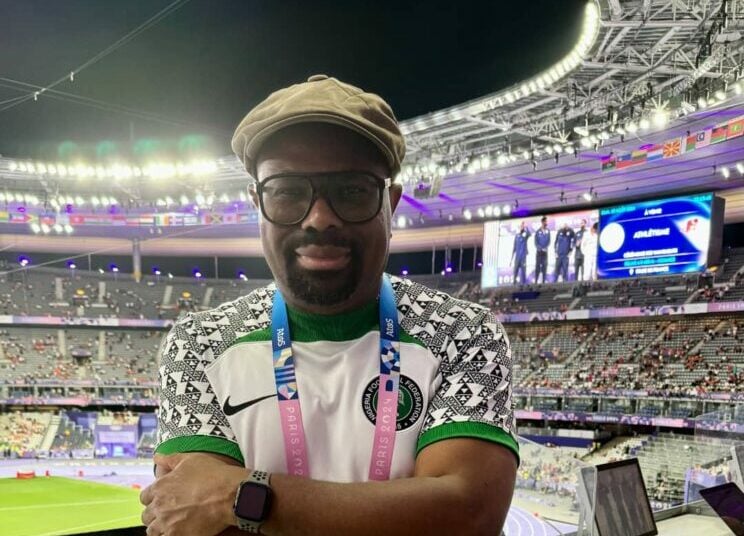I have been worried about the skewed narratives about Nigeria’s Super Eagles qualification for the FIFA World Cup Africa playoff tournament in Morocco next month.
Most of these ignorant statements and misinformation have come from African journalists and Nigerians themselves more than foreigners.
Let’s say that the fans are not aware of the FIFA / CAF competition rules, one would expect Nigerian journalists to defend their country and educate the fans and the public. But, many are using Nigeria to farm engagements on social media in ignorance.
First of all, Nigeria qualified for the playoffs because the Super Eagles, and Cameroon, were in the more competitive groups of the qualifying rounds.
The problem started from Group E. Due to Eritrea’s withdrawal from the qualifiers, all the teams in that group played only 8 matches instead of 10 for all other 9 groups.
CAF/FIFA then decided in March 2025 – for fairness and balance – to remove two matches from all Group runner-ups in the final consideration for the FOUR best teams for the playoffs spot.
All the runner-up teams lost the points they gained from the weakest team in their groups. This does not affect the teams that win their group.
In Group D, Cameroon beat Cape Verde 4-1 at home and then drew twice with Angola and Eswatini away.
In Group F, both top teams Ivory Coast and Gabon beat Seychelles home and away.
In Group G, both Algeria and Uganda took maximum 6 points from the bottom team Somalia but Uganda lost 6 points to Algeria home and away.
In Group I, Madagascar beat bottom teams. Chad, Comoros, and Central Africa Republic home and away, taking 18 points. But, then lost 6 points to Group winner, Ghana, home and away.
In Group C, the first two teams (South Africa and Nigeria) couldn’t beat the bottom team (Zimbabwe) whereas in Group A, Burkina Faso beat Djibouti home and away.
Zimbabwe took 6 points from both Nigeria and RSA, while in Group A, Djibouti surrendered 12 points to Egypt and Burkina Faso.
At the end of the day, CAF/FIFA chose the fairest way to calculate the aggregate points for the four selected teams so as not to disadvantage teams in tougher groups.
The team’s selection for the playoffs ultimately came down to how the runner up team performed against the Group winner.
In Group A, Burkina Faso finished 5 points behind Egypt.
In Group B, DR Congo, finished 2 points behind Senegal.
In Group C, Nigeria and Benin finished only a point behind South Africa.
In Group D, Cameroon finished 4 points behind Cape Verde.
In Group E, Niger ended the qualifiers 9 points behind Morocco.
In Group F, Gabon finished only a point behind Ivory Coast.
In Group G, Uganda was 7 points behind Algeria at the end of the qualifiers.
In Group H, Namibia ended the qualifiers with a whopping 13 points behind group winner Tunisia
In Group I, Madagascar finished 6 points behind Ghana.
The selected teams Gabon (-1), Nigeria (-1), DR Congo (-2) and Cameroon (-4) were the closest to their respective group winners.
However, in fairness, the four teams selected for the CAF playoffs are the teams that performed best against the stronger and better teams in their respective groups.
There are many things CAF could have done better to improve fairness for the next FIFA World Cup qualifiers.
Firstly, CAF could do better with the timing of the last round of matches, and take into consideration the possible permutations across all groups into the scheduling plan.
Secondly, widen the pot by selecting the top 8 out of 9 runners-up teams for the playoffs instead of 4 teams.
~ Omogbeja is an award-winning African sports journalist and digital media leader.





